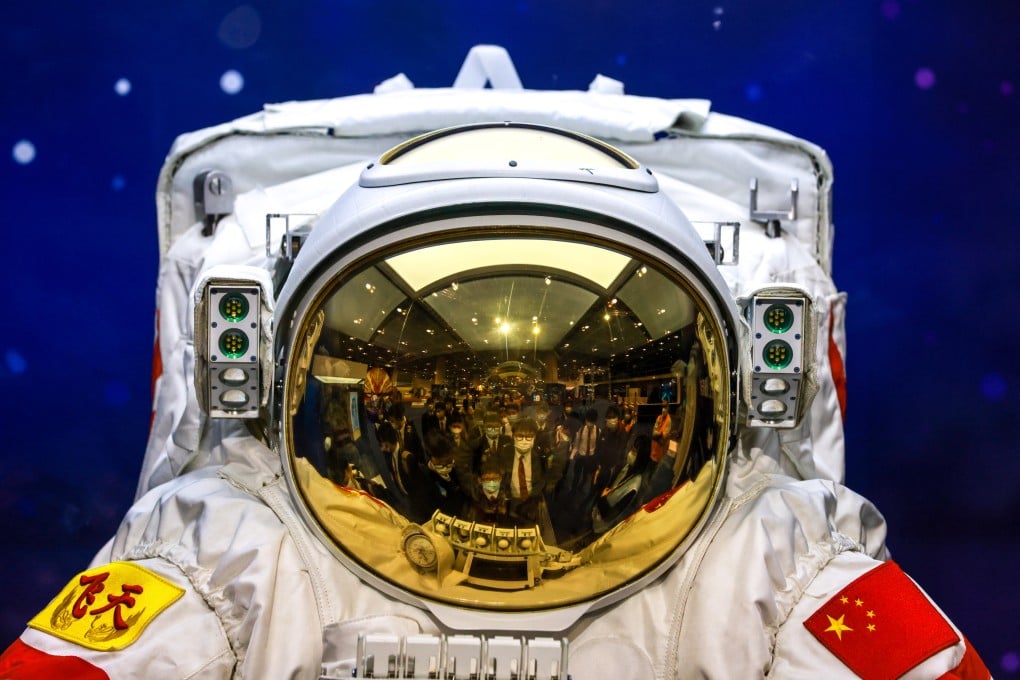Opinion | When it comes to the space economy, Hong Kong must reach for the stars
- China has made great leaps into space but the industry is still not mainstream in the consciousness of Hong Kong’s decision-makers, entrepreneurs and the public
- The city must get ready to seize the massive but fleeting opportunities offered in NewSpace as a greater conduit to hi-tech industry and wealth generation

On October 20, about 40 international speakers from countries including the US, Japan, Australia, China, Malaysia and France provided a rich tapestry of contributions to “Tomorrow’s Technologies Today”, the first conference on the “NewSpace” ecosystem held in Hong Kong and, indeed, the entire Greater Bay Area.
NewSpace describes the community of new aerospace companies and start-ups developing low-cost access to space and space flight technologies, and the advocates of low-cost space flight capability, policy, space tourism, etc. The global space economy will be worth some US$1 trillion by the end of the decade, according to Morgan Stanley, and is estimated to already be at around US$500 billion. Can and should Hong Kong get a slice of this action?
The importance of the event can be gauged by the calibre of speakers and participants. Interestingly, astronaut and People’s Liberation Army air force pilot Zhao Chuandong and Nasa-trained commercial astronaut Chris Altman both spoke at the same event.
We should heed such sage advice. It is abundantly clear that the mainland is keen to engage Hong Kong in this strategically important national endeavour due to our unique advantages under one country, two systems.
